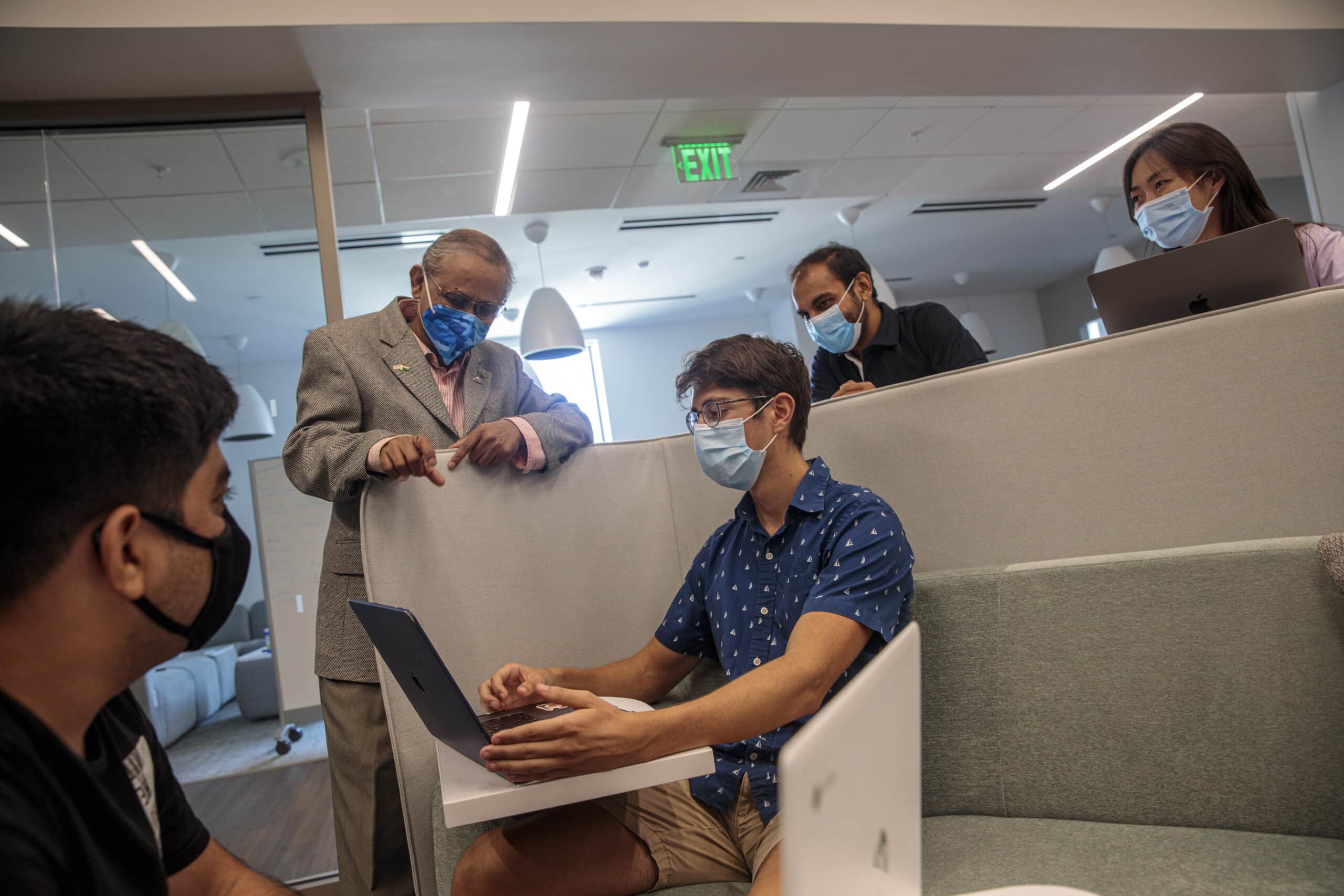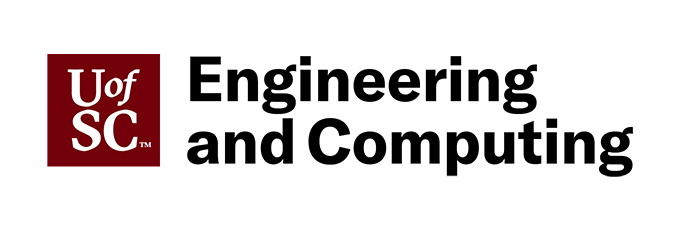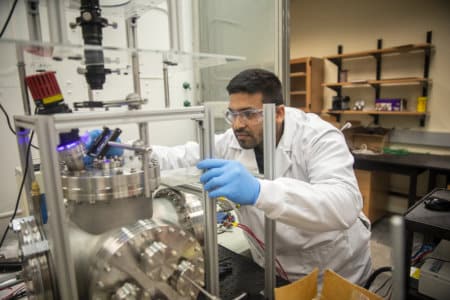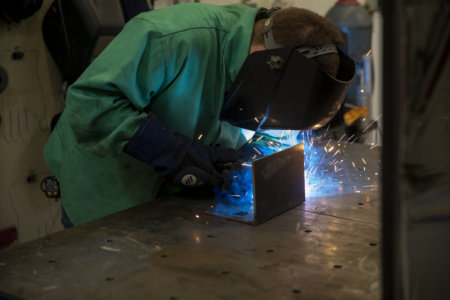The University of South Carolina is known for its unrivalled academic excellence and research prowess — making it the place to be for students, scholars and researchers for more than 200 years and counting. The university is classified as an R1 university by The Carnegie Foundation for its ‘very high research activity’ and has also earned the Elective Community Engagement Classification, a prestigious designation recognising universities with strong community relationships. In 2022, researchers attracted US$237 million in sponsored awards in areas ranging from instruction to academics to public service.
The College of Engineering and Computing (CEC) is just as exceptional. Its Department of Computer Science and Engineering offers MS and PhD programmes in computer science and computer engineering.
Each programme helps students advance theories, principles, and applications of computing to design computers, software, networks and processes. They work alongside researchers to find alternative ways to improve the current testing and debugging for complex machine learning systems, create autonomous underwater robots, develop AI-based autonomous systems for space missions, and build reliable, high-performance machine learning systems at Google scales. It’s an ecosystem that lets students build a foundation in one of the fastest-growing fields in the world while being surrounded and inspired by some of the most cutting-edge developments at the forefront of computing today.
Just ask Akanksha Singh. The CEC’s MS in computer science broadened her intellectual horizons in a wide range of areas, from engineering and technology to healthcare, business, and life. “I have experienced and learned many great things about engineering, technology, healthcare, business and life during my time here at CEC. From AFRL lab for field robotics research to Informatics Lab for health IT research, I had a chance to explore it all and settle on what I love doing,” she says. “At CEC, I grew from a young international student into an accomplished researcher about to embark on the next leg of my journey in academia upon graduation this year.”
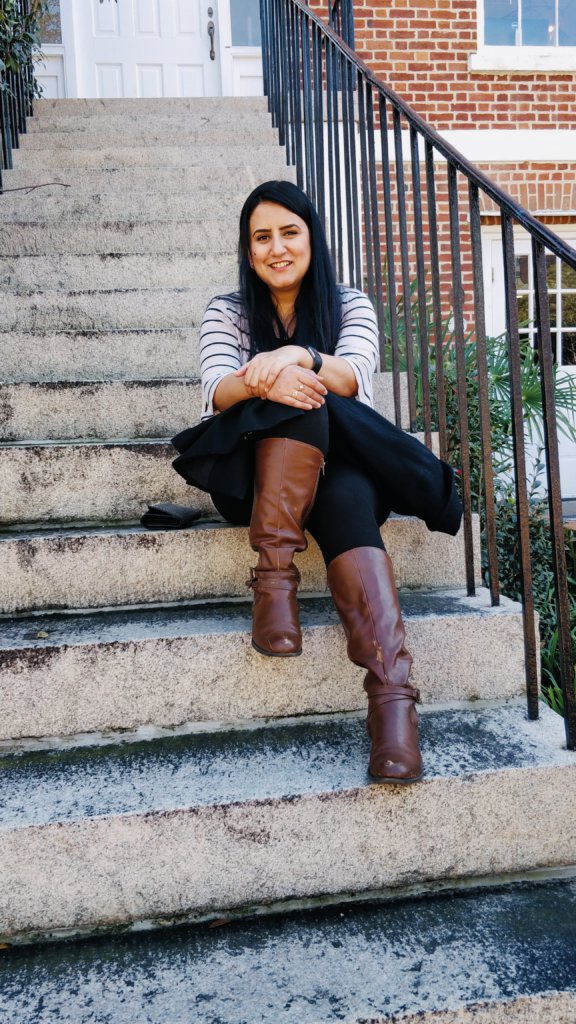
Akanksha Singh has enjoyed her time at the CEC and plans on pursuing a PhD in Informatics this year. Source: University of South Carolina
Thanks to the CEC, she’s connected, worked with and learned from many colleagues. “I loved the collaborative nature of my work with SC state departments, and USC’s schools of public health and medicine, and colleges of nursing and social work to promote inter-and-trans-disciplinary research in engineering,” she says. “CEC is a great place to find some wonderful mentors, friends and experience in full, all that academia has to offer.”
Today, Singh is a PhD candidate in computer science. The programme focuses on computational theory, data structures, algorithms and statistical models as well as its applications in fields such as artificial intelligence, machine learning, cyber security and big data.
Fellow computer science PhD candidate Utkarshani Jaimini has found the CEC’s research stimulating since her first visit. Today, she’s grateful for the opportunity to collaborate with eager and available faculty to support her. “CEC provides me with the skills and knowledge necessary for a fulfilling research career, while its nurturing environment is conducive to personal and professional growth,” she says.

Utkarshani Jaimini was impressed by how the CEC is dedicated to academic growth. Source: University of South Carolina
Life at the CEC is just as enriching. Keen support is crucial for all PhD candidates, especially for women from underrepresented groups. “There are social events each semester which allow students to interact with their peers and faculty members in a relaxed setting, thus fostering stronger bonds,” she says. “Additionally, it is committed to promoting diversity, offering scholarships to attend events such as the Anita B. Grace Hopper Celebration, one of the largest diversity celebrations for STEM students.”
Those keen on the application, design, development and testing of new computer hardware and its integration with software will find the computer engineering graduate programmes exciting. Here, students can choose the MS in computer engineering and continue with the PhD in computer engineering. Both curricula have breadth and depth. Disciplinary and interdisciplinary research — with an emphasis on hardware — are included and supported by government agencies and collaborative efforts with local industries.
At the Department of Integrated Information Technology (IIT), the Informatics PhD programme is empowering candidates to tackle a variety of complex problems in health care, business, engineering and other domains. They’re fusing the diverse perspectives of information technology and computing with business, engineering, and social, behavioural and economic sciences.
Upon completion, they’re set to replicate breakthroughs as their mentors did. ITT Associate Professor Jorge Crichigno is an expert on high-speed networks. He builds them, tests them and improves them for use worldwide — all from his home base at the CEC.
Follow the University of South Carolina on Facebook, Instagram and Twitter.

